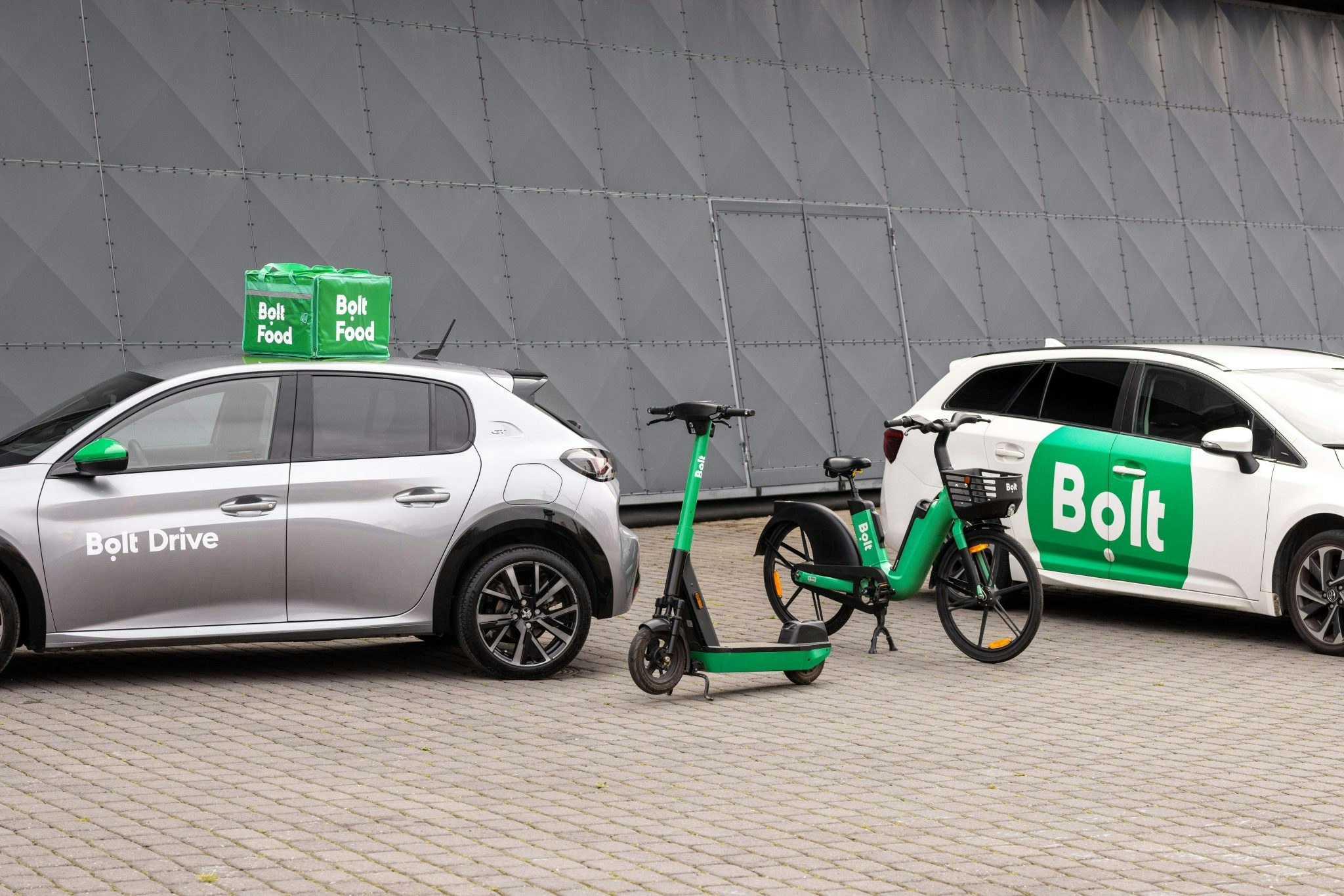Estonian ride-hailing unicorn Bolt has bought Danish taxi startup Viggo for an undisclosed sum in the company’s first-ever acquisition.
Founded in 2019, Danish ride-hailing startup Viggo has a fleet of 300 electric cars and 450k users across Copenhagen and Aarhus. The acquisition will see Bolt’s ride-hailing operation enter Denmark for the first time. It already has an e-bike rental service in Copenhagen.
Bolt founder and CEO Markus Villig previously told Sifted the company was “constantly looking” for interesting startups to buy, but hadn’t found a business that met its high criteria.
“We have always had a high bar for M&A but we share Viggo’s mission to improve cities and were impressed by their fully electric operations. The acquisition means we will become the largest ride-hailing operator in Denmark,” Villig said in a statement.
Bolt also announced a new partnership with another Danish taxi company, Taxi 4x27. The company’s fleet of over 600 vehicles will now be made available on Bolt’s platform.
Since its launch in 2013, Bolt has added multiple services under its name, including scooter and e-bike rentals, food and grocery delivery and car-sharing in more than 600 cities across 50 countries.
Uber vs. Denmark
Denmark has had a complex relationship with ride-hailing, stifling local efforts from companies like Uber and Bolt.
After years of activity in Copenhagen, Uber pulled out of Denmark in 2017, following the introduction of new taxi rules that increased the expectations of the taxi app industry. According to the US company, it had around 2,000 drivers in Copenhagen at the time.
Fast forward to January of this year and Uber had reentered Denmark via a collaboration with an existing taxi company Drivr. But in comparison to how taxi-app rides compete on price in other countries, in Denmark they will cost the same as with an ordinary Danish taxi service.
Denmark is one of the few countries in Europe that has regulations that have so far kept international ride-hailing companies away, which has meant higher ride-hailing costs than in countries with competing taxi apps.
How the Danish ecosystem will deal with the two ride-hailing giants entering the field in a different capacity than previously remains to be seen.



